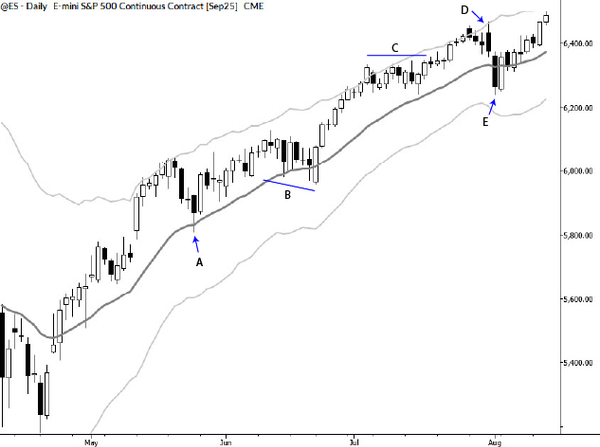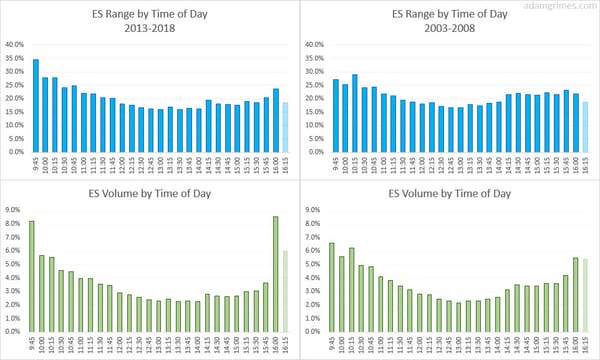Reader question: what's useful?
A reader, Mira, asks an interesting question:
I've been going through your blog and podcast and have been surprised at some of the trading tools you don't use that everyone else seems to use. I thought it might be interesting if you could just do an off the cuff post and list things that you have found useful and not useful. I hope that doesn't sound too much like I'm creating a "task" for you but I'm asking because I personally did this (not for trading) and it turned out to be a different way to look at my work flow process. Might be fun? Anyway, thank you for your work and writing.
Ok, I'll bite, but let me bend the rules a bit and make three lists. Not sure how useful this will be to people, but it's an interesting exercise. Here are my three lists, and I probably should have had a fourth list for "I really have no idea...":
Useful
- Understanding what changes and what does not change
- Market structure
- Market character (especially changes in market character)
- Understanding how volatility evolves
- Understanding the difference between different asset classes, timeframes, and trading styles
- Understanding limitations (of yourself, of predictability, of luck, etc.)
- Proper backtesting/analysis (machine learning can fall in this category too)
- Mathematical literacy (sorely lacking in much of traditional thinking about TA)
- Human discretion
- Discipline
Maybe useful
- Some chart patterns
- Some indicators
- Behavioral finance
- Cyclical analysis
- Seasonal analysis, in some limited contexts
- Academic research (it's a good departure point for your own work)
- Assumptions (gotta have them, but they can kill you)
Not useful (i.e., they are lying to you)
- Fibonacci ratios
- Moving averages (in most applications. In fairness, there is some utility)
- Overly simplified approaches to trading
- Predicting market direction based on news or simplified analysis
- Data mining (more bad than good)



